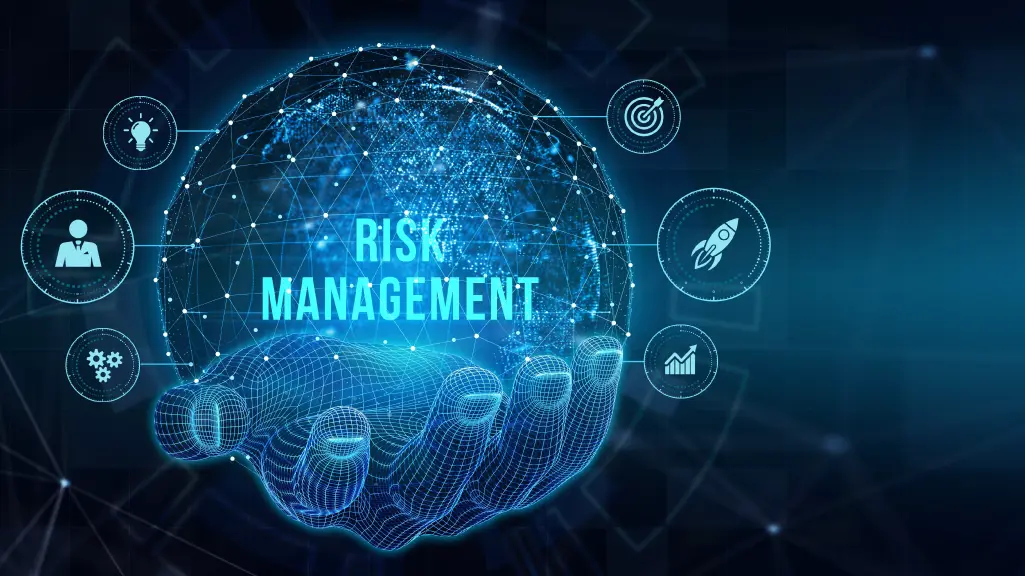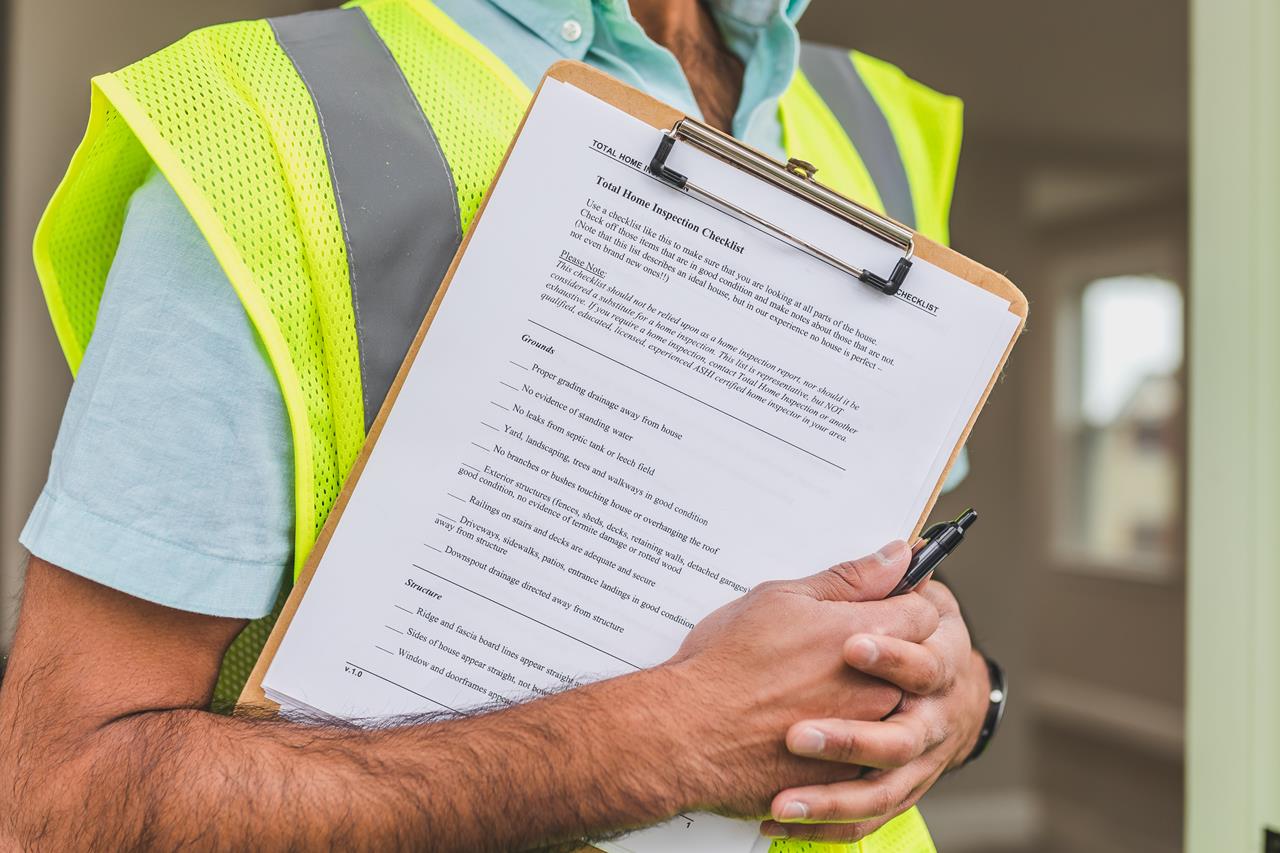In today’s rapidly changing business environment, compliance has become a top priority for organisations across the globe. South African companies, in particular, face increasing pressure to align with complex regulatory frameworks, sector-specific standards, and international requirements. As compliance risks grow, so too does the need for innovative solutions. This is where AI in compliance risk mitigation comes into play—an advanced approach that enables businesses to anticipate risks, streamline processes, and ensure regulatory adherence with greater efficiency.
At Ariscu, a leader in compliance and risk management solutions, we are focused on providing South African businesses with tools that harness the power of digital transformation. Our blog, available here, explores cutting-edge strategies to keep companies ahead in compliance, governance, and risk management. Building on this, today’s article will examine how artificial intelligence (AI) is reshaping compliance risk mitigation, why it matters in South Africa, and how businesses can leverage it for long-term resilience.
For additional insights on practical compliance tools, we recommend reviewing our post on Smart Risk Management for SA Company Legal Compliance, which lays a solid foundation for understanding how technology drives compliance success.
The Growing Complexity of Compliance in South Africa
South Africa’s regulatory landscape is one of the most complex in Africa. Companies must navigate industry-specific legislation, sector regulations, and international frameworks if they wish to remain competitive and compliant. Key compliance requirements include environmental management laws, health and safety regulations, data protection under POPIA, and financial regulations aligned with global standards.
Non-compliance not only exposes businesses to hefty fines and reputational damage but can also disrupt operations and limit growth opportunities. For instance, industries such as mining, healthcare, and financial services face particularly stringent regulatory oversight, making risk management an integral part of daily operations.
As regulations evolve, traditional compliance methods—manual reporting, siloed data management, and reactive monitoring—are no longer sufficient. This is where AI-driven compliance risk mitigation delivers game-changing advantages.
What is AI in Compliance Risk Mitigation?
AI in compliance risk mitigation refers to the use of artificial intelligence technologies—such as machine learning, natural language processing, and predictive analytics—to identify, assess, and manage compliance risks. Instead of relying solely on human monitoring, AI tools analyse vast amounts of structured and unstructured data to detect irregularities, automate reporting, and anticipate risks before they escalate.
For South African businesses, this means:
- Faster detection of compliance issues.
- Reduced reliance on manual checks.
- Proactive compliance aligned with both local and international standards.
In essence, AI moves compliance from a reactive model to a predictive and preventative one.
Benefits of AI in Compliance Risk Mitigation for South African Businesses
1. Enhanced Risk Identification
AI can process massive volumes of data across departments, suppliers, and stakeholders. By identifying patterns and anomalies, it highlights potential compliance breaches before they become critical.
2. Real-Time Monitoring
Unlike traditional audits conducted periodically, AI tools offer continuous monitoring of compliance metrics, giving businesses a real-time view of risks.
3. Cost Efficiency
Automation reduces the burden of manual compliance processes. This not only cuts costs but also frees up compliance officers to focus on strategic decision-making.
4. Improved Accuracy
Human error is one of the leading causes of compliance failures. AI minimises these risks by providing consistent and data-driven analysis.
5. Adaptability to Regulatory Changes
South Africa’s evolving laws, such as updates to environmental and data protection regulations, can be quickly integrated into AI-driven compliance systems, ensuring businesses stay up to date.
AI Applications in Compliance Risk Mitigation
Predictive Analytics
AI predicts potential compliance risks by analysing historical data and regulatory trends. For instance, a mining company can anticipate safety risks before they occur.
Natural Language Processing (NLP)
NLP helps analyse legal documents, contracts, and regulations, making it easier for businesses to interpret and comply with complex requirements.
Automated Reporting
AI streamlines compliance reporting, ensuring businesses meet strict deadlines with accurate, ready-to-submit reports for regulators.
Fraud Detection
In industries like banking, AI monitors transactions in real-time, identifying suspicious activities that could signal fraud or money laundering.
Risk Scoring
AI tools assign compliance risk scores to suppliers, partners, and internal processes, allowing businesses to prioritise high-risk areas.
Why AI in Compliance Risk Mitigation Matters in South Africa
South African companies face unique challenges:
- Regulatory Overlap: Different government agencies oversee overlapping compliance requirements.
- Resource Constraints: Smaller businesses often lack dedicated compliance teams.
- High-Risk Sectors: Industries like mining, construction, and finance operate under stricter compliance obligations.
In this context, AI provides a level playing field, allowing both large corporations and SMEs to maintain compliance efficiently. By automating risk detection and monitoring, AI reduces the chances of costly penalties and safeguards reputational integrity—an invaluable asset in a competitive market.
How Ariscu Empowers Companies with AI-Driven Compliance
At Ariscu, we specialise in helping South African organisations embrace smart, technology-driven compliance frameworks. Our solutions integrate AI capabilities to support:
- Automated compliance monitoring tailored to industry-specific needs.
- Data-driven decision-making through predictive risk analytics.
- Streamlined reporting systems aligned with South African and global regulations.
- Integration with existing systems for seamless adoption.
With years of experience in compliance and risk management, Ariscu is uniquely positioned to guide companies through the complexities of implementing AI in compliance risk mitigation. Our goal is to help South African businesses future-proof their compliance frameworks while maintaining operational efficiency.
Best Practices for Implementing AI in Compliance Risk Mitigation
- Assess Current Compliance Gaps
Start by identifying which areas of your compliance system are most vulnerable. - Choose the Right Tools
Select AI-powered compliance solutions that align with your industry and regulatory environment. - Train Staff
Ensure employees understand how to use AI tools effectively and how these systems fit into existing processes. - Integrate Gradually
Adopt AI in stages, beginning with high-risk areas before expanding across the business. - Monitor and Update Continuously
AI is not a set-and-forget solution—regularly update systems to reflect changing regulations.
FAQs on AI in Compliance Risk Mitigation
What is AI in compliance risk mitigation?
It is the use of artificial intelligence to identify, monitor, and manage compliance risks more efficiently than traditional methods.
Why is AI in compliance risk mitigation important for South African companies?
It helps businesses navigate complex regulations, reduce risks, and avoid costly fines while maintaining competitiveness.
How does Ariscu help with AI in compliance risk mitigation?
Ariscu offers tailored solutions with AI-driven monitoring, reporting, and predictive analytics to simplify compliance for South African businesses.
What laws affect AI in compliance risk mitigation in South Africa?
Key regulations include POPIA for data protection, OHSA for workplace safety, and various sector-specific laws across mining, healthcare, and finance.
How to implement AI in compliance risk mitigation effectively?
Begin with a risk assessment, adopt AI tools in stages, train staff, and update systems regularly to align with evolving regulations.
Conclusion
Compliance in South Africa is becoming increasingly complex, but companies no longer need to view this as a burden. By embracing AI in compliance risk mitigation, businesses can turn compliance into a competitive advantage. The ability to predict risks, automate monitoring, and adapt to evolving laws ensures not just survival but growth in a challenging regulatory environment.
At Ariscu, we are committed to helping South African businesses unlock the power of AI for smarter compliance and long-term resilience. By adopting innovative tools today, companies can confidently step into the future of compliance tomorrow.







